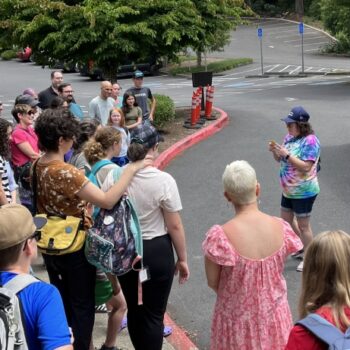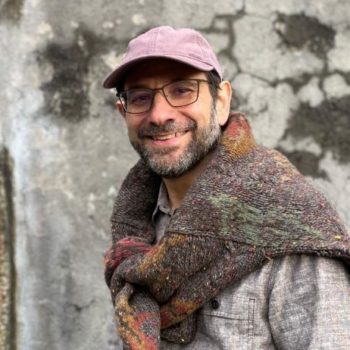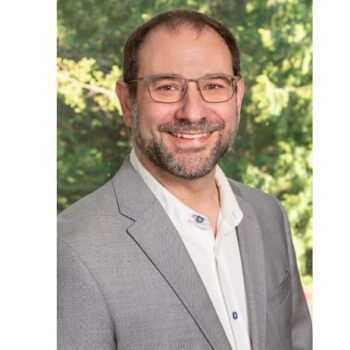Judaism doesn’t shy away from discomfort. In fact, it ritualizes it. Whether sitting shiva, tearing kriyah, or offering blessings that acknowledge pain, Jewish tradition invites us not to bypass grief, but to dwell in it, to name it, and ultimately to sanctify it.
Korach teaches us how quickly a holy community can fracture when ego eclipses empathy. Our charge, then, is to be peace-seekers—to rise from prayer with the intention to build bridges where others dig trenches.
This week, the Torah invites us to ask: What anchors us to our truth? What helps us stay grounded when we feel uncertain or overwhelmed? The mitzvah of tzitzit—whether worn physically or remembered spiritually—calls us to remain loyal to our convictions and to God’s vision for justice, courage, and faith.
We can cultivate the practice of offering a blessing — whether through formal words like Tefilat Haderech or simply a moment of gratitude or intention. Our lives are full of movement, but Beha’alotcha reminds us that we are never just traveling — we are journeying with blessing. May we go forward like the Ark, carrying the presence of holiness with us, and may all our paths be made safe and meaningful.
In Pirkei Avot, a book of maxims in the Mishnah, an ancient rabbi, Ben Bag-Bag said about Torah study, “Hafokh bah, va’Hafokh vah, d’khola bah.” Turn it over and over, for everything is in it. For two thousand years, that’s what Jews have done. Here is another turning.
The recent attack outside the Capital Jewish Museum in Washington, D.C., claimed the lives of two young people, Sarah Lynn Milgrim, a Jewish educator and activist, and Yaron Lischinsky, a German-born ally of the Jewish people and Israeli citizen. This antisemitic double murder joins a decade of violent attacks against Jews that began at the Tree of Life Synagogue.
There is something profoundly humbling about pausing before a meal to say a blessing. Whether seated at a Shabbat table or unwrapping a snack on a busy afternoon, the simple words “Baruch atah… borei p’ri ha’adamah” remind us that what we consume is not simply the work of our own hands, but part of a sacred partnership with the earth and with God.










